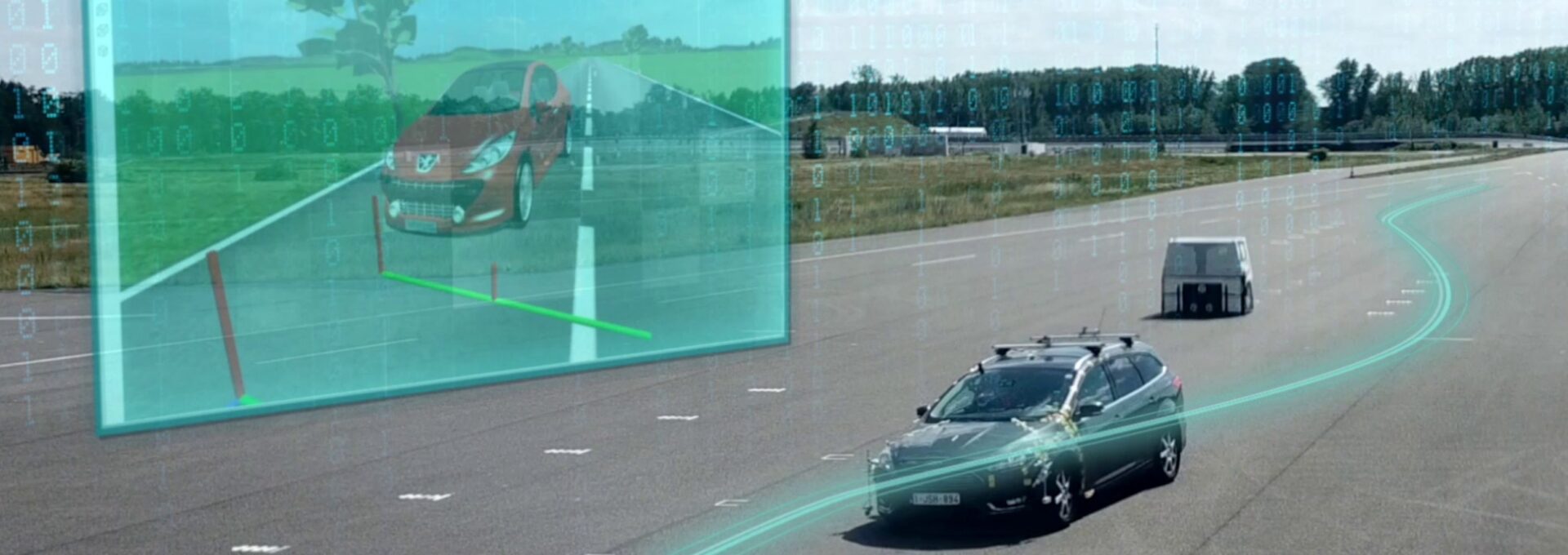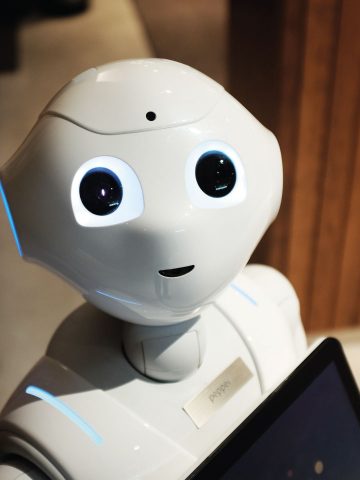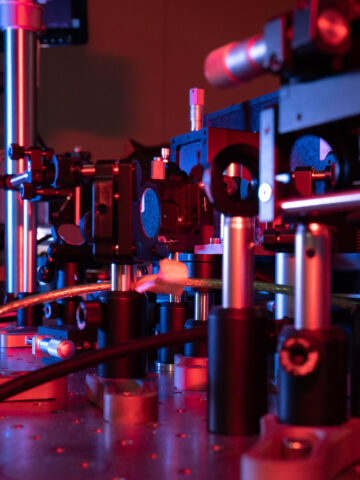The Politecnico di Milano is a partner in the ELO-X project, which aims to develop advanced optimisation and machine learning techniques for industrial systems, while training 15 PhD holders to guide their development and technology transfer processes.
ELO-X has a duration of four years and is funded by the European Commission within the framework of the prestigious Marie Skłodowska Curie projects with a contribution of 4.5 million euro.
The project is coordinated by the University of Freiburg and involves ETH Zurich, Politecnico di Milano, It will train 3 of the 15 funded researchers, and include other prestigious universities and companies, such as: EPF Lausanne, KU Leuven, Politecnico di Bucarest, Bosch, Siemens Industrial Software, Atlas-Copco, Tool-TEMP, and Italian startup ODYS Srl.
The next generation of intelligent control systems will be able to learn the behaviour of the process to be regulated from data streams and make optimal decisions in real time, leading to improved performance, safety and energy efficiency.
say Lorenzo Fagiano and Riccardo Scattolini of the Department of Electronics, Information and Bioengineering (DEIB), supervisors of two of the funded PhD students.
These features are crucial for the future development of systems that will change our society, such as autonomous vehicles, intelligent energy systems and domestic robots.
Politecnico di Milano’s research unit, the Department of Electronics, Information and Bioengineering, will develop recurrent neural networks in predictive control strategies. This enables machine learning techniques in safety-critical applications and methods to systematically design multi-level control architectures for autonomous systems, where numerical optimisation and machine learning are employed at different time scales and with varying priorities between interacting levels of hierarchy.
These methods will be applied to innovative technologies, such as rotary-wing drones for civil applications and airborne wind energy systems, civil and industrial applications, and the optimisation of complex building climate control systems.
The ETH Zurich research group, of the Department of Mechanical and Process Engineering, will develop optimisation-based decision-making algorithms that can adapt to new data and information in changing environments while balancing the needs for environmental exploration and performance improvement and ensuring safety during operation. The algorithms developed will be implemented with efficient techniques and used in innovative applications, such as autonomous vehicle driving.
To fulfil this potential, it is necessary to develop machine learning and optimisation methods capable of operating in industrial applications and ensuring high safety standards.
Fagiano and Scattolini added.
This, in turn, requires the training of qualified researchers, not only in scientific/technical fields, but also in how to transfer new solutions to industry.






